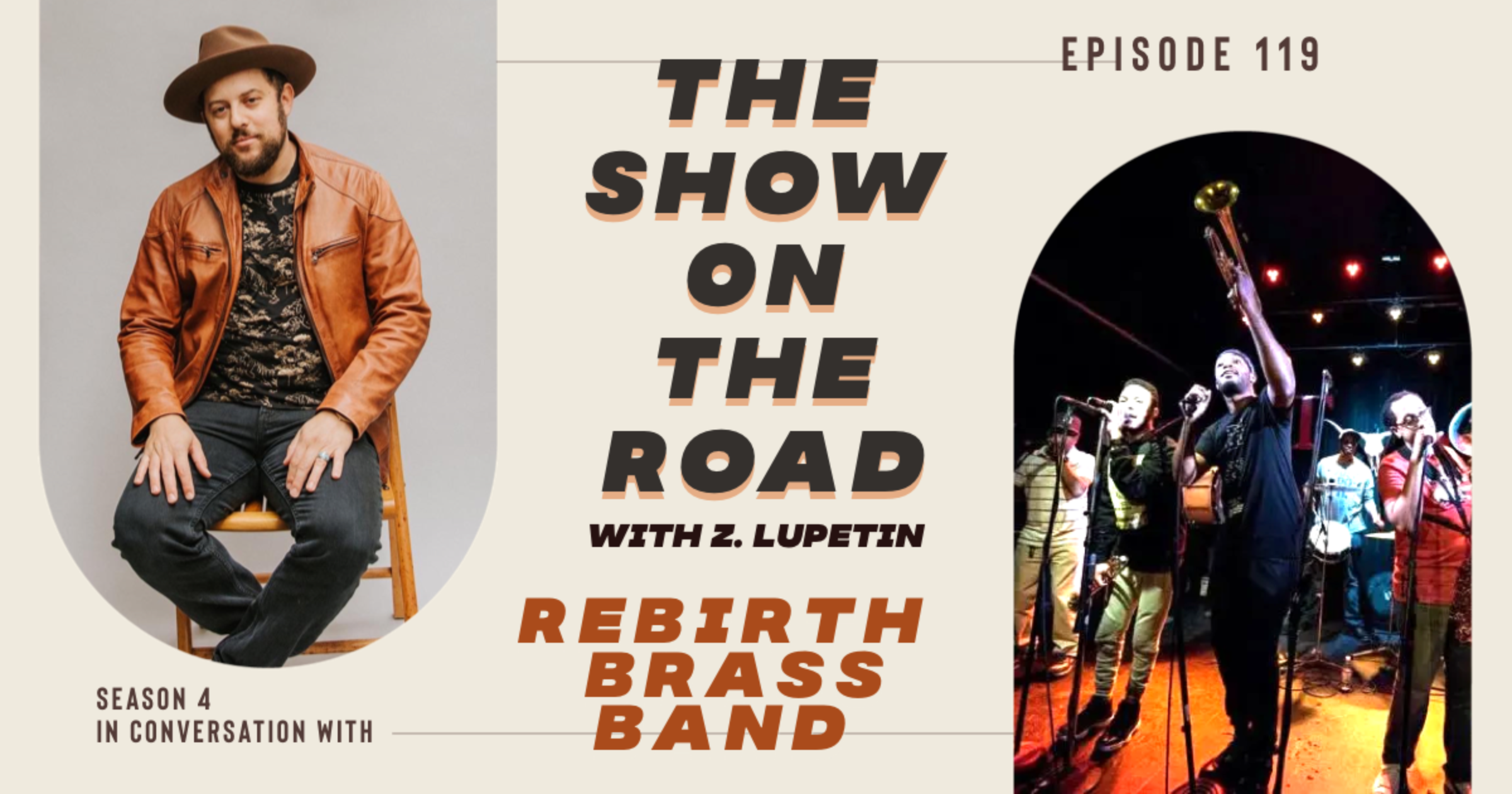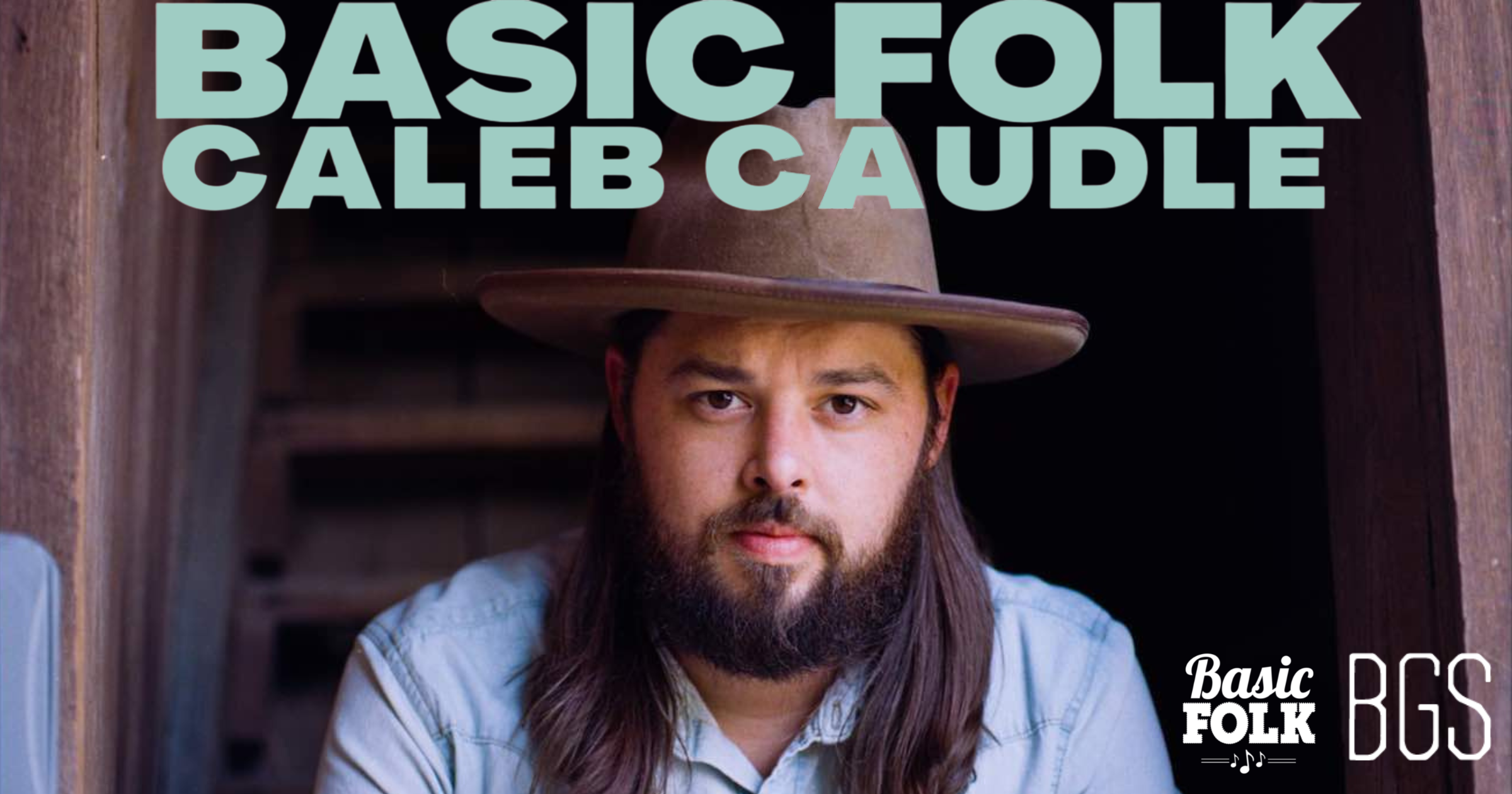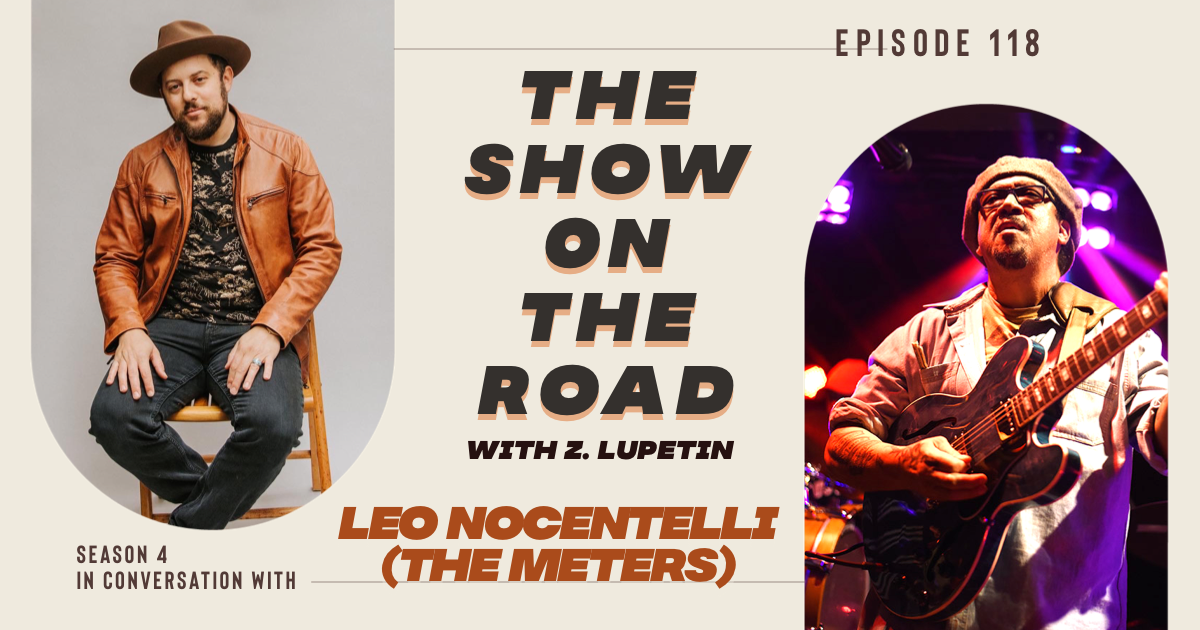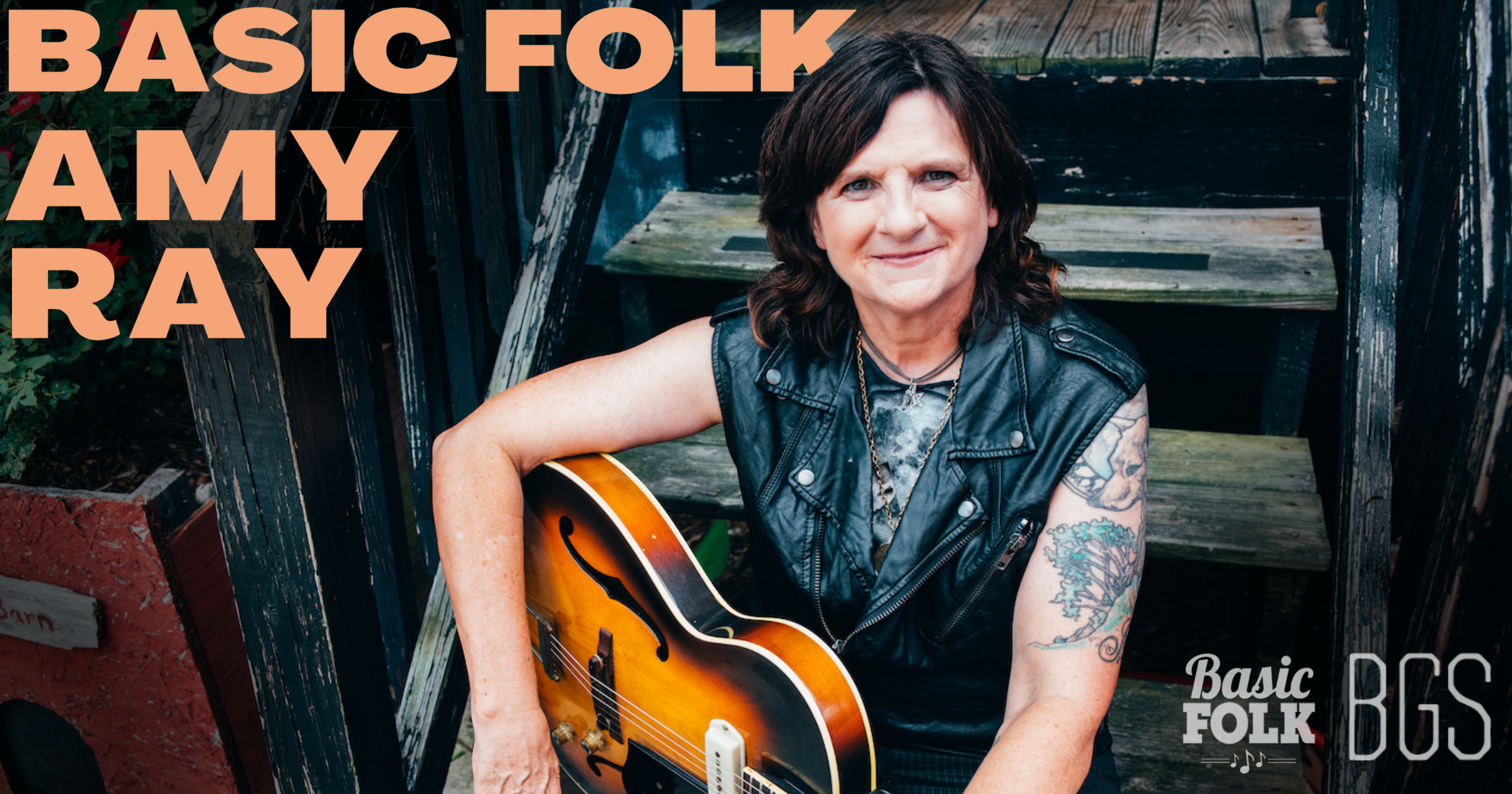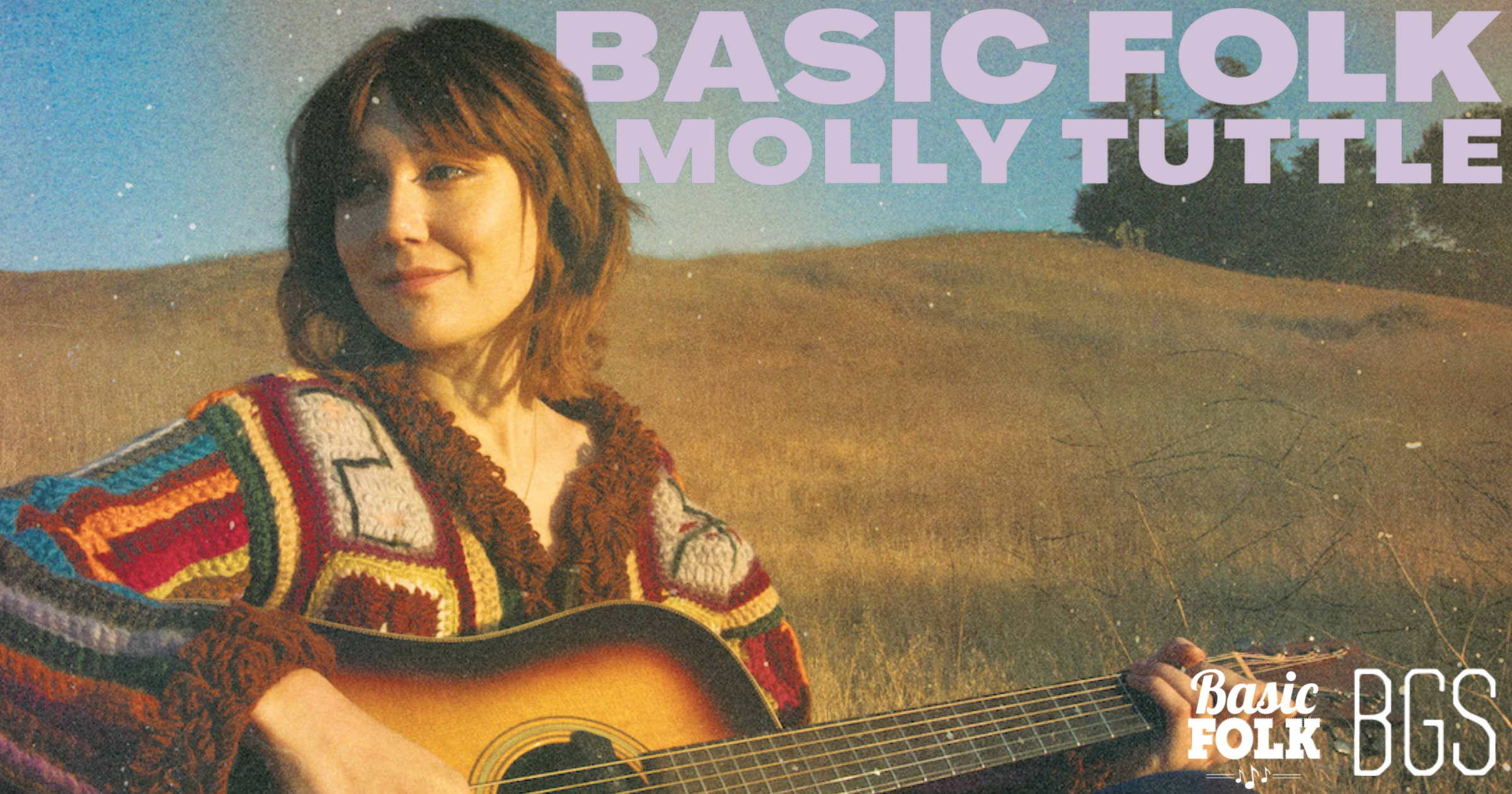This week, we return to the Crescent City to talk to one of the new leaders of the Grammy-winning Rebirth Brass Band — trumpet player Glenn Hall III, who is part of a deep New Orleans musical family.
LISTEN: APPLE PODCASTS • SPOTIFY • STITCHER
Rebirth will be coming from NOLA to LA to help headline the inaugural Paramount Ranch Sonic Boom on October 15th. It’s a brand new music festival co-created by yours truly and Dustbowl Revival (along with Tiny Porch Concerts and the Santa Monica Mountains Fund) that will celebrate the confluence of American roots music by bringing together diverse acts like Grammy-winning folk-blues master Dom Flemons, and notable local Southern California-based acts the Eagle Rock Gospel Singers, string-band Water Tower, Cuban group Yosmel Montejo y La Caliente and singer-songwriter Abby Posner.
Set in the green hills of the Santa Monica Mountains, partial proceeds from the fest will go to restoring historic Paramount Ranch, which lost much of its Western movie sets during a devastating wildfire.
Few bands of any kind can claim an unbroken lineage from their 1983 start. Phillip “Tuba Phil” Frazier, his brother Keith Frazier and renowned trumpet player Kermit Ruffins formed the group out of Joseph S. Clark Senior High School, located in the Tremé neighborhood of New Orleans. If you watched the acclaimed HBO series of the same name, you no doubt heard Rebirth as the brassy backdrop to the city as it constantly evolved and survived traumas like Hurricane Katrina. Members of the Frazier family still join the band on tours.
Glenn Hall III takes us through the fascinating history of the group, describing notable shows like opening for the Grateful Dead, recording with John Fogerty, kicking off the Grammys, and recently joining the Red Hot Chili Peppers onstage.
Their 2022 single “New Orleans Girl” shows how they never stop experimenting, lending their big sound to a hip-hop mashup featuring Cheeky Blakk and PJ Morton.
